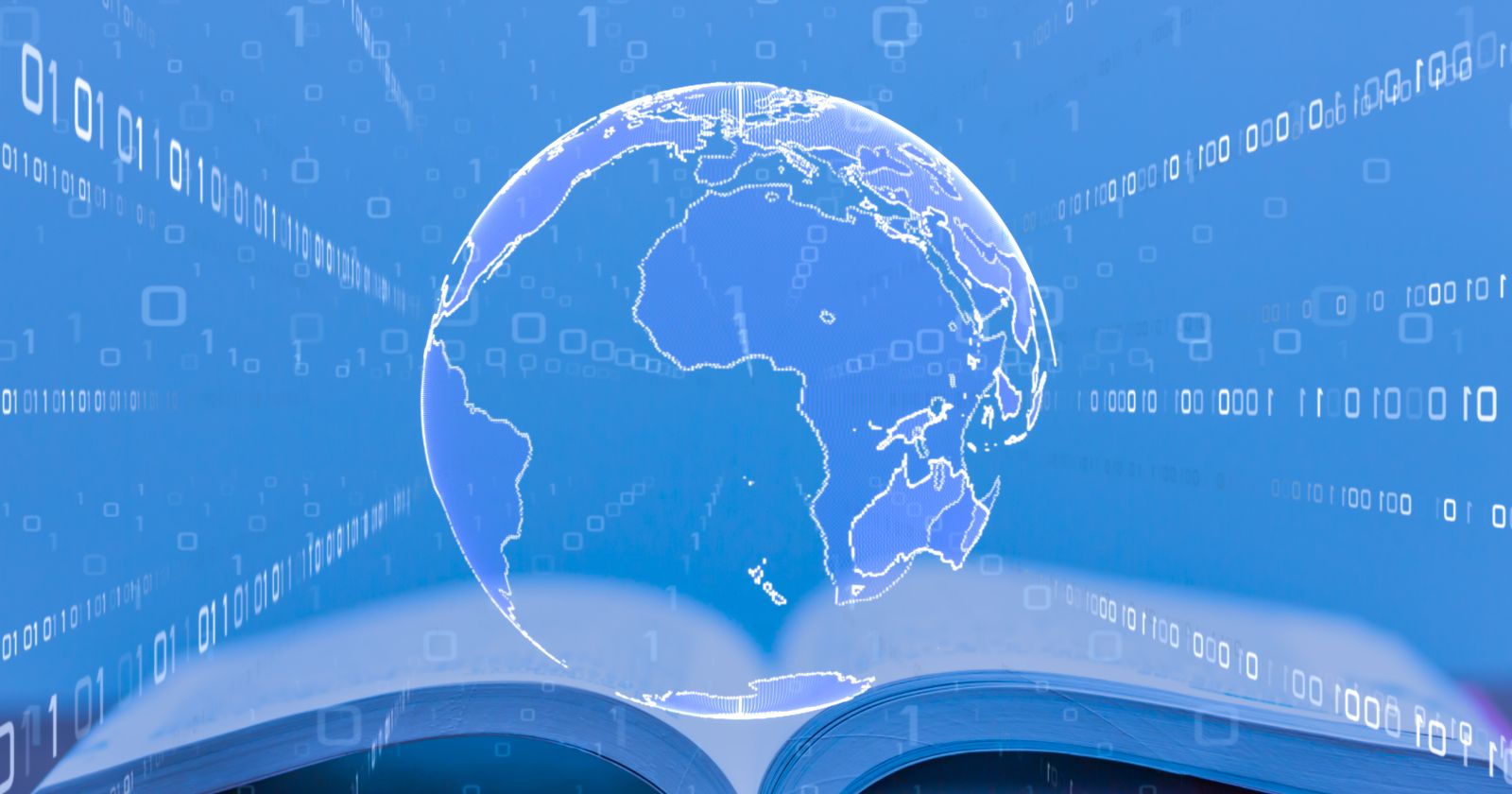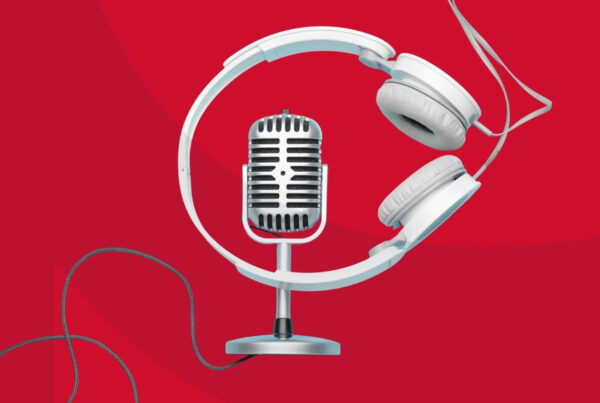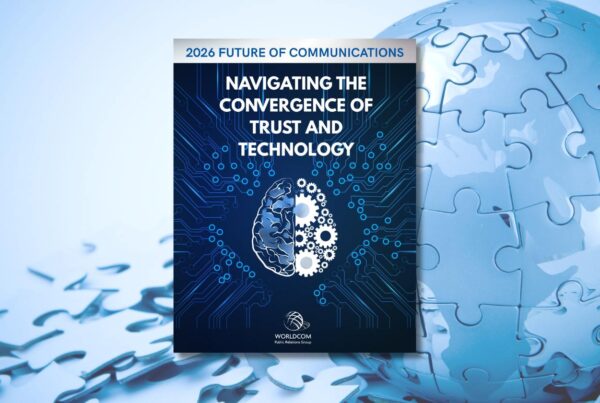By Jessie Peng
When a panelist shared that their agency used ChatGPT to rewrite a company’s annual report in Shakespearean verse, the audience laughed, but the message was serious. At Changing Signals: Technology’s Impact on PR, hosted by the Museum of Public Relations, the takeaway was clear: AI is no longer a trend; it’s a turning point. PR pros must embrace its creative power while navigating its ethical minefields.
Here’s a recap of the dynamic discussion:
Technology’s Role in PR and Communication
The evolution in public relations has been particularly remarkable: in the 20th century, typewriters were replaced by computers, and now, AI-driven tools are becoming important work partners for PR professionals. More importantly, as the panel pointed out, technology often “disappears” into our daily lives, becoming so integrated into the day-to-day that we hardly notice its presence.
Another interesting example one panelist shared was how his agency used ChatGPT to transform a company’s annual report into the style of Shakespeare, illustrating how AI is not just a tool for efficiency but also has the potential to support creative storytelling. As technology advances, PR professionals must educate themselves about these evolutionary tools, and from there, can determine how best to incorporate them into communication strategies.
Upskilling and Adapting to Emerging Trends
A key takeaway from the event also emphasized the need for continuous learning in this era where technology evolves at an unprecedented pace. From a professional development standpoint, those who learn new technologies early will be better prepared to serve clients and thrive in the ever-evolving industry. From the company’s perspective, the panel stressed that while many companies discuss upskilling, few truly invest in training their employees; therefore, professionals must take control of their learning journey.
Some suggestions from the panel for students and emerging PR professionals:
- Stay updated on technological advancements and experiment with new tools. While PR professionals don’t have to master coding skills, it’s beneficial to understand how the new tools work.
- Train yourself to translate complex information into compelling stories. Effective storytelling requires PR practitioners to understand their client’s business models and the technologies behind the products.
- When reaching out to members of the media, focus on identifying the right journalists for your story, rather than just targeting influential publications. “Find that writer who has influence and is impacting the way people think about a specific thing.”
Challenges of Misinformation and Content Authenticity
With the rise of AI-generated content, misinformation has become a pressing issue. The panel discussed the impact of deepfake and bot-generated content, particularly in industries where truth is paramount, such as healthcare and journalism. While AI labeling and fact-checking tools are improving, the battle against misinformation continues to be ongoing.
The panel noted that today, public awareness is increasing, and a growing number of people are able to tell AI-generated content. However, many companies are still poorly prepared for the challenges ahead. The panel went on to emphasize the importance of critical thinking, advising fellow practitioners to fact-check carefully and exercise caution when creating content by AI tools.
Trends and Warnings
The panelists pointed out several key trends shaping the PR landscape. First, the advancement of technology can sometimes bring back faded trends. For example, podcasting is experiencing a resurgence right now, with platforms like YouTube driving its growth with podcast-friendly features.
Second, the panelists warned that while AI has transformed the industry it has also introduced ethical concerns. Similarly, privacy issues are resurfacing, so companies must be more responsible when handling data. the audience was reminded that the current focus for those leveraging AI should be on ensuring data integrity and ethical AI usage. Adding that professionals should remain vigilant about ethical considerations as they leverage technologies.
Final Thoughts
This discussion reinforced the idea that PR is at a pivotal moment as technology reshapes the industry. Today, professionals must not only embrace innovation but also uphold ethical standards and ensure their work aligns with a greater purpose. Whether it’s staying ahead of AI advancements, refining storytelling techniques, or fighting misinformation, practitioners and agencies have the responsibility to adapt and lead with integrity. As PR professionals, we’re not just observers of this technological evolution, we’re participants with a responsibility to lead ethically. Now is the time to upskill, experiment, and advocate for integrity in the tools we adopt.
Don’t wait for AI to reshape your work, start shaping how you use AI.






